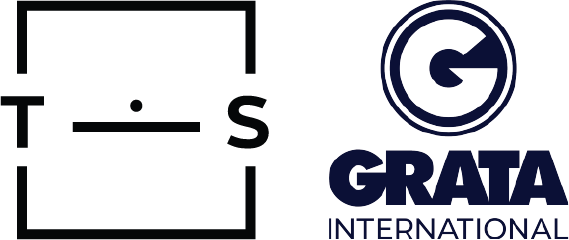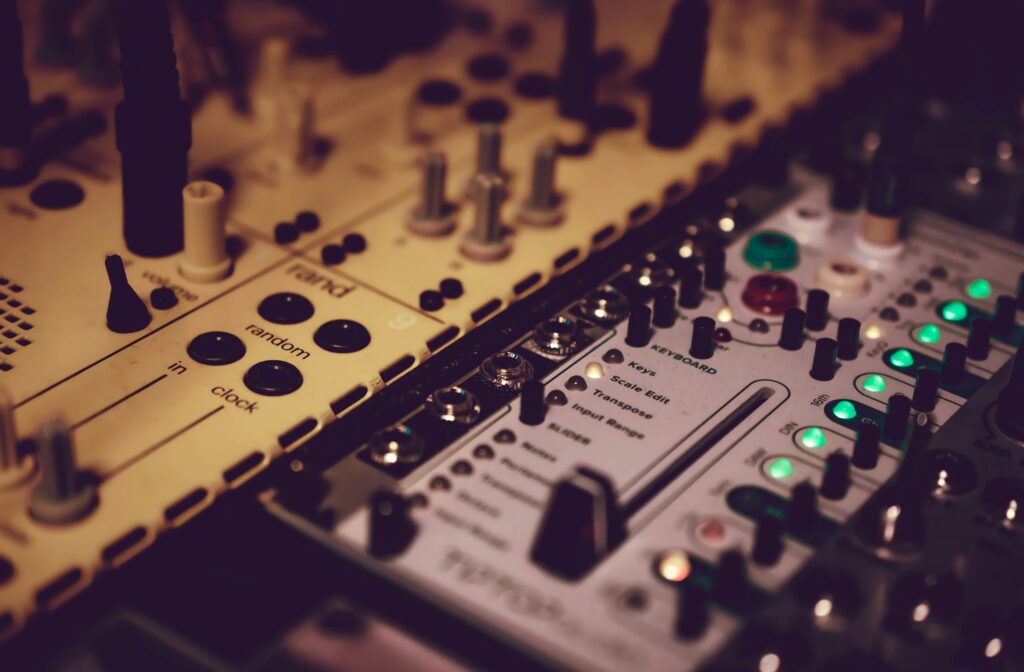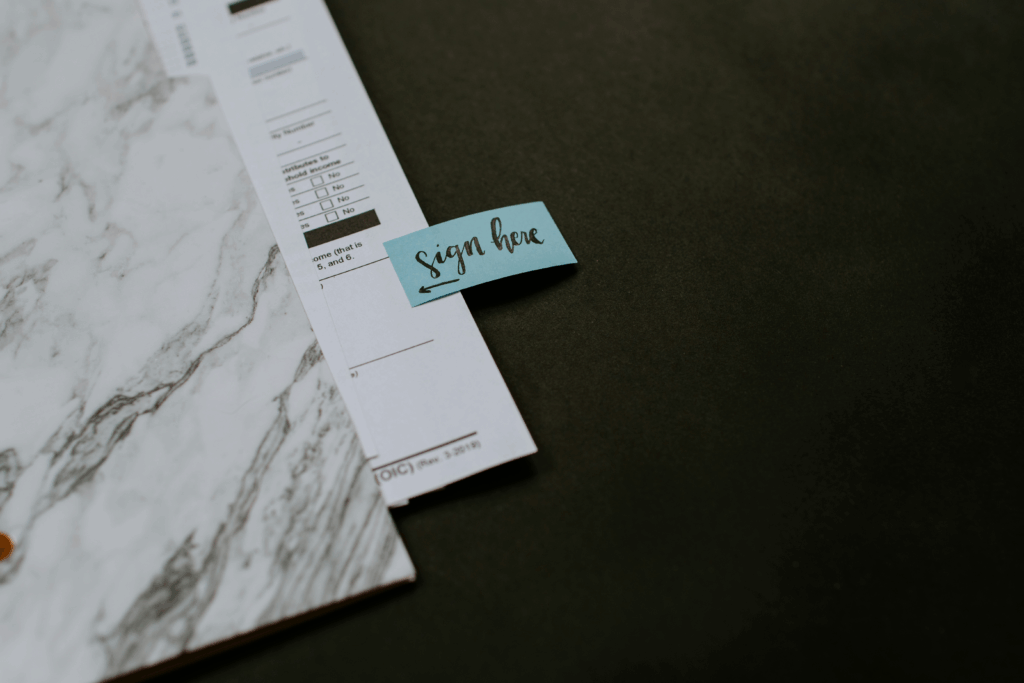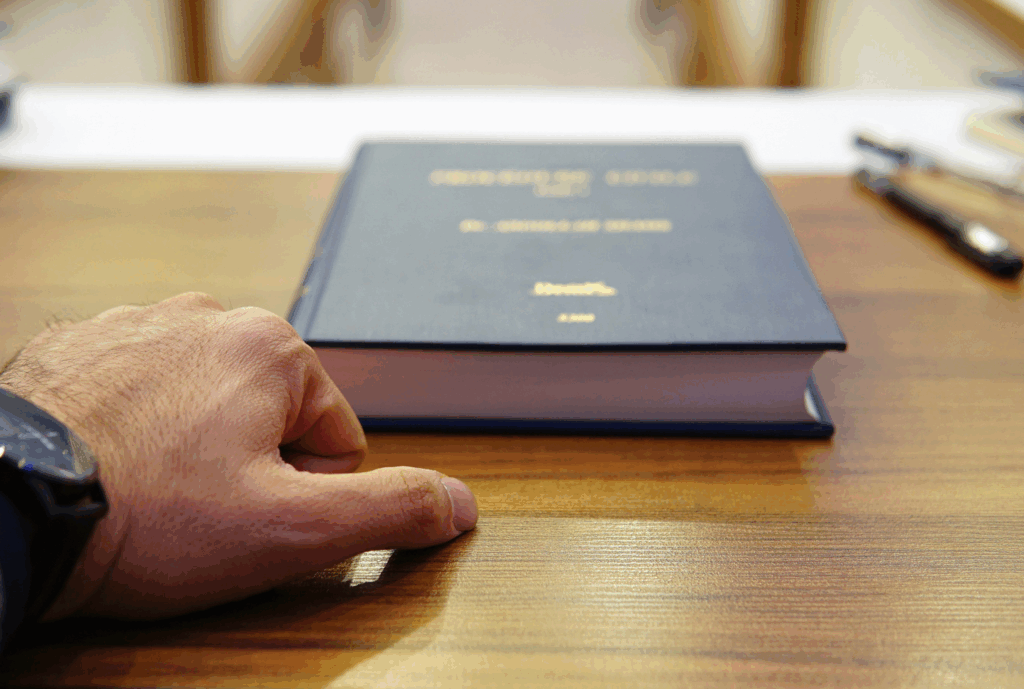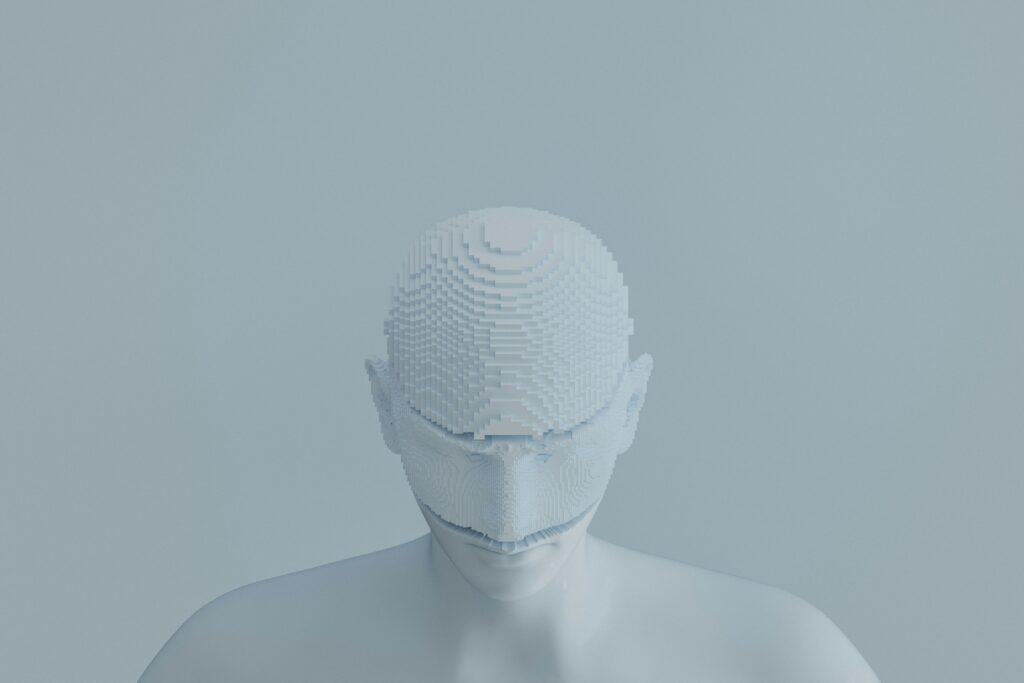For the phonogram producer to realize their rights through OFPS, it is necessary to register their phonograms, in a manner and following the procedure set by the Organization itself in line with the Handbook, on phonogram registration and resolving disputed and duplicated phonograms.
The evidence proving that a certain person is the phonogram producer or phonogram producer’s rights holder can be in the form of various contracts with authors and interpreters, agreements on the transfer of phonogram producer’s rights, invoices and bank statements proving the financing of the phonogram by the applicant, as well as any other evidence pointing to the fact that the person submitter of request truly is the rights holder.
Should the repertoire in question be foreign, i.e., that the rights holder on such a repertoire is a foreign person, the applicant must also submit the authorization for general representation or exclusive contract which must be set precisely in terms of time and territory. Also, the contract / authorization must be submitted as an original or an authenticated copy, along with a translation of such authorization by a certified court interpreter.
For each application being submitted to OFPS, the OFPS Administrative office is obligated to check whether an application for the same phonogram has previously been submitted by another person. If that is the case, the administrative office will inform the applicant thereof, subsequently leaving a 15-day deadline to resolve the resulting dispute by reaching an agreement, and to inform OFPS thereof. In the event that the no agreement can be reached between the disputed parties within the prescribed timeframe, the OFPS will establish a Committee for Resolving Disputed and Duplicated Phonograms (hereinafter: “Committee”) and initiate the procedure for amicable dispute resolution.
The Organization leaves the option to the parties of reaching an agreement on who the phonogram producer’s rights holder is. In the event of failed agreements, the OFPS will inform the parties involved in the dispute which of them is obligated to initiate the court proceedings for the purpose of determining the phonogram producer’s rights, within 30 days and submit the evidence thereof, otherwise the phonograms will be attributed to that of the two disputed parties that had registered them first. In these proceedings the subject matter jurisdiction is that of the Higher Court if one of the parties is a natural person, and if both parties are legal entities the subject matter jurisdiction is that of the Commercial Court.
In addition to the disputed, there are also duplicated phonograms – should one applicant perform the registration of a single phonogram two or more times, and these phonograms will not be registered in the phonogram database of the Organization.
The final deadline for phonogram registration, for the person to be able to realize their right to participate in the distribution of funds for a certain year is the 15th of March of the following year. Based on the duly registered phonograms and depending on their use, OFPS collects the fee, and distributes it to phonogram holders in proportion to the use of their phonograms by third parties that had paid the mentioned fee to OFPS.
In the event of dispute between the organization and the users regarding the fee amount, the user is obligated to pay the Organization the amount prescribed by the previously set tariff, until the final settlement of the dispute. If the disputed amount refers to the tariff item unavailable in the previously valid tariff, the user is obligated to pay the organization the amount provided by the new tariff to a special fund which is not distributed to right holders, until the final settlement of the dispute.
Paying a fee for public phonogram announcement represents a legal, not a contractual obligation. Any person announcing music is obligated to pay the relevant fee. The potential contract concluded with the Organization does not represent legal basis for payment but rather a form of record of users which serves for regulating the payment method, any user benefits, and other interpersonal relationships.
The following are responsible for the user’s obligations jointly and severally: the person using the subject of protection, the holder and landlord of the facility in which the subject of protection is used, as well as the organizer of the activity as part of which the subject of protection had been used.
Hence, music represents a form of the author’s spiritual creation which, to be reproduced and copied, needs to be recorded onto a sound recording medium (CD, cassette, etc.) or made available to the public via the internet. Phonogram producers are those that, using their funds and in their own organization, record music, and then copy it making it available to the public, so that we could all enjoy the songs of our favourite artists.
When property rights of another are used, there is an obligation of paying a certain fee for such use. The rights of the phonogram producer represent a form of property, specifically intellectual property. Fee payment is required for the use of another’s intellectual property.
